5 Proven Tips to Source High-Quality Levulinic Acid for Your Business Needs
In today's competitive marketplace, sourcing high-quality Levulinic Acid is crucial for businesses looking to enhance their product offerings and maintain a sustainable edge. As a versatile platform chemical derived from biomass, Levulinic Acid has garnered significant attention across various industries, ranging from pharmaceuticals to biofuels. However, the challenge lies in identifying reliable suppliers and ensuring that the quality meets stringent industry standards.
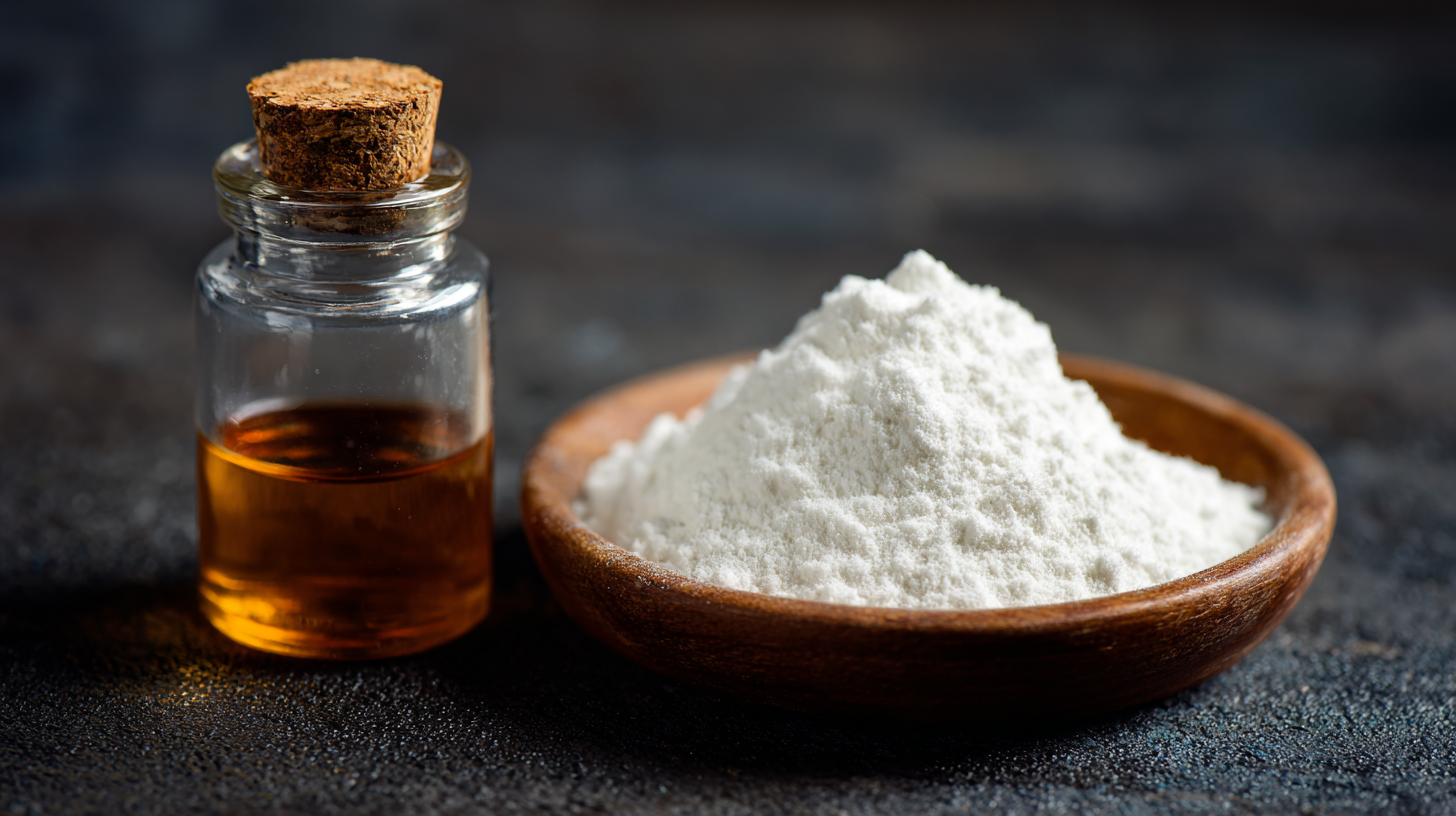
In this article, we present five proven tips to help you effectively navigate the sourcing process, enabling you to procure Levulinic Acid that aligns with your specific business needs. By leveraging these strategies, you can avoid common pitfalls and secure a steady supply of this valuable chemical, ultimately driving innovation and growth within your organization.
Understanding Levulinic Acid: Market Trends and Quality Indicators
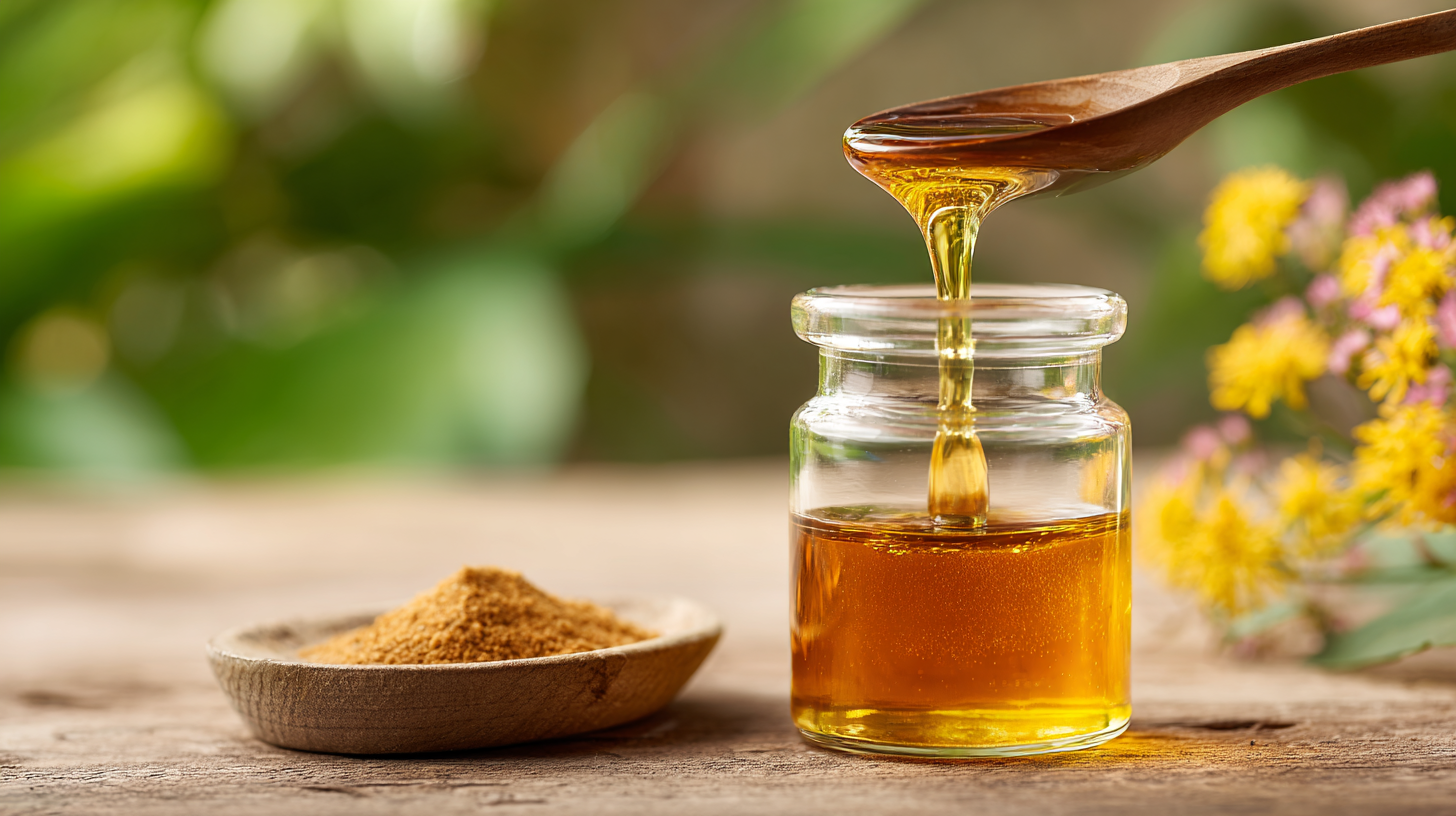 Levulinic acid, a versatile platform chemical derived from biomass, is gaining traction in various industries due to its broad applicability and sustainability credentials. As market trends show a shift towards greener alternatives, sourcing high-quality levulinic acid becomes crucial for businesses looking to innovate and stay competitive. Understanding the quality indicators of levulinic acid is essential to ensure that the products meet industry standards and performance requirements.
Levulinic acid, a versatile platform chemical derived from biomass, is gaining traction in various industries due to its broad applicability and sustainability credentials. As market trends show a shift towards greener alternatives, sourcing high-quality levulinic acid becomes crucial for businesses looking to innovate and stay competitive. Understanding the quality indicators of levulinic acid is essential to ensure that the products meet industry standards and performance requirements.
Recent developments highlight a notable shift in the market as key players, like a significant industrial producer, expand their operations into new regions. The acquisition of Segetis' assets underscores the increasing interest in biobased chemicals, which not only satisfy demand but also provide sustainable solutions. Moreover, advancements in production techniques, such as the integration of gamma-valerolactone (GVL) production with levulinic acid through innovative processes like reactive distillation, further enhance efficiency and reduce energy consumption. These trends suggest that businesses must pay close attention to sourcing strategies that prioritize not only quality but also sustainability in their supply chains.
Identifying Reliable Suppliers: Key Criteria for High-Quality Levulinic Acid
When sourcing high-quality levulinic acid, identifying reliable suppliers is crucial for maintaining consistent product quality and ensuring your business's success. One of the first criteria to consider is the supplier's reputation in the industry. Look for suppliers with a proven track record of delivering high-quality products and positive reviews from previous customers. Online forums and industry publications can be excellent resources for gathering information about potential suppliers and their reliability.
Another key factor is the supplier's production processes and quality control measures. Top-tier suppliers often comply with international quality standards and adhere to rigorous testing protocols. It's beneficial to inquire about their manufacturing facility, the raw materials used, and any certifications they may hold. Ensuring that the supplier maintains transparency about their processes can provide confidence in the quality of the levulinic acid you will receive, ultimately supporting your business needs effectively.
Evaluating Manufacturing Processes: Ensuring Purity and Efficiency
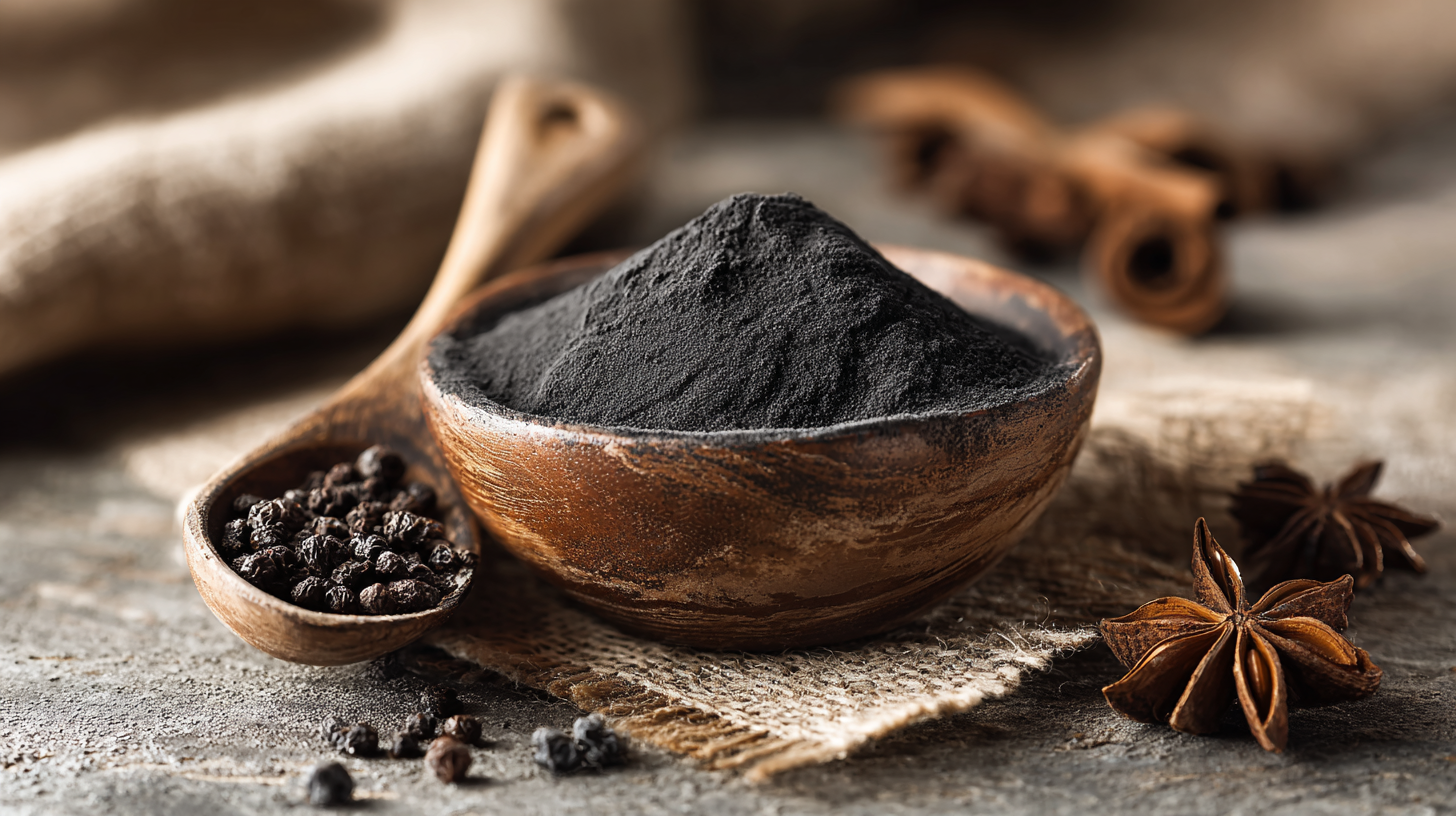 When sourcing high-quality levulinic acid, it is essential to dive deep into the manufacturing processes employed by potential suppliers. Evaluating these processes allows businesses to ensure that they are not only obtaining a product that meets their purity standards but also one that is produced efficiently. A clean, well-controlled environment during production is critical in minimizing contamination and maximizing yield, ultimately leading to a superior end product.
When sourcing high-quality levulinic acid, it is essential to dive deep into the manufacturing processes employed by potential suppliers. Evaluating these processes allows businesses to ensure that they are not only obtaining a product that meets their purity standards but also one that is produced efficiently. A clean, well-controlled environment during production is critical in minimizing contamination and maximizing yield, ultimately leading to a superior end product.
Another vital aspect to consider is the technology utilized in the manufacturing of levulinic acid. Modern techniques, such as continuous processing and advanced purification methods, can significantly enhance both the quality and sustainability of the acid produced. These technologies often lead to reduced waste and lower energy consumption, aligning with environmentally conscious practices. By thoroughly assessing these factors, businesses can better position themselves to select suppliers that offer not just the best levulinic acid, but also the commitment to quality and efficiency that supports their own operational goals.
Regulatory Compliance in Levulinic Acid Production: What You Should Know
When sourcing high-quality levulinic acid for your business, understanding the regulatory landscape is crucial. Levulinic acid, classified as a platform chemical, plays a significant role in various applications, from food additives to pharmaceuticals. According to a report by MarketsandMarkets, the global levulinic acid market is expected to reach USD 197 million by 2025, reflecting the increasing demand within regulated industries. Compliance with local and international regulations ensures not only the safety and quality of your products but also protects your business from potential legal and financial penalties.
Regulatory compliance for levulinic acid production primarily involves adhering to guidelines set by authorities such as the U.S. FDA and the European Food Safety Authority (EFSA). These agencies emphasize the importance of stringent quality controls and safety assessments in the production process. A compliance report by the Chemical Regulation and Management Agency highlights that manufacturers must demonstrate rigorous testing protocols and traceability measures. Non-compliance can lead to significant setbacks, including recalls and loss of market trust. Therefore, ensuring that your levulinic acid suppliers meet these regulatory standards is essential for sustaining both your business's reputation and its operational success.
5 Proven Tips to Source High-Quality Levulinic Acid for Your Business Needs - Regulatory Compliance in Levulinic Acid Production: What You Should Know
| Tip | Details | Regulatory Considerations | Quality Indicators |
|---|---|---|---|
| 1. Research Suppliers | Evaluate multiple suppliers for quality certifications and reviews. | Compliance with local and international standards. | ISO certifications, customer feedback. |
| 2. Check for Certifications | Ensure suppliers have relevant product certifications. | GMP (Good Manufacturing Practice) adherence. | Certificates of analysis, product safety data sheets. |
| 3. Request Samples | Obtain samples to evaluate quality before purchase. | Quality testing in compliance with industry standards. | Purity levels, organic content analysis. |
| 4. Assess Production Methods | Understand the supplier's production process and technology. | Environmental regulations and sustainability practices. | Traceability, eco-friendly practices. |
| 5. Establish Long-term Relationships | Build partnerships with reliable suppliers for consistent quality. | Contractual obligations detailing quality standards. | Reliable delivery, consistent product performance. |
Cost Analysis: Balancing Quality and Affordability in Sourcing Levulinic Acid
When sourcing levulinic acid, businesses must navigate the delicate balance between quality and affordability. According to a report by Grand View Research, the global levulinic acid market size was valued at approximately $30 million in 2022, projected to expand at a compound annual growth rate (CAGR) of 7.5% from 2023 to 2030. This growing demand indicates that while sourcing costs may rise, businesses cannot compromise on the quality required for their applications, particularly in industries such as pharmaceuticals and biofuels, where purity levels can significantly impact product efficacy.
A pivotal consideration in balancing cost and quality is understanding the supply chain dynamics of levulinic acid. Data from MarketsandMarkets highlights that suppliers who implement sustainable sourcing practices can command higher prices due to the increased value perceived by consumers. Investing in reliable suppliers that emphasize quality assurance can mitigate risks related to product recalls or diminished product performance, potentially saving companies from costly losses in the long run. Therefore, while the initial price may be tempting, the total cost of ownership—including quality compliance—should be a core part of sourcing strategies for levulinic acid.
Cost Analysis: Balancing Quality and Affordability in Sourcing Levulinic Acid
Related Posts
-
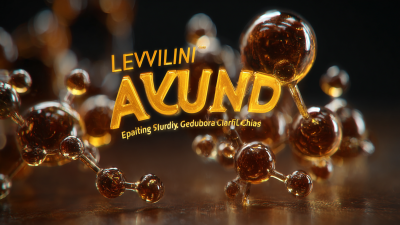
Elevating Global Standards with Exceptional Quality Best Levulinic Acid from China
-
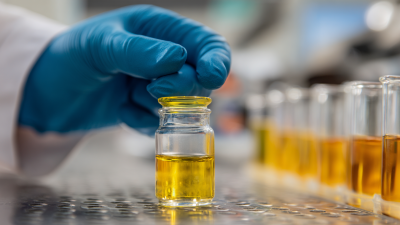
Unlocking the Potential of Best Levulinic Acid Technical Parameters and Application Guide
-

How to Maximize the Benefits of Levulinic Acid in Biochemical Applications
-

Understanding Industry Standards for Best Propylene Glycol Production and How to Choose the Right Grade
-

Exploring Diverse Applications of Liquid Paraffin: Industry Insights and Data-Driven Examples
-

7 Best Strategies for Selecting High Quality Ceftriaxone Sodium for Improved Patient Outcomes





